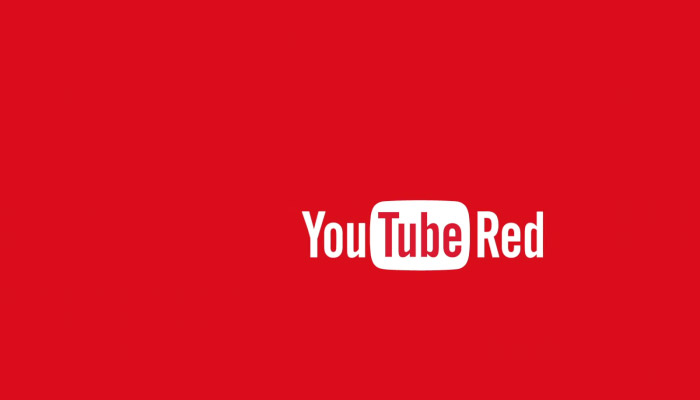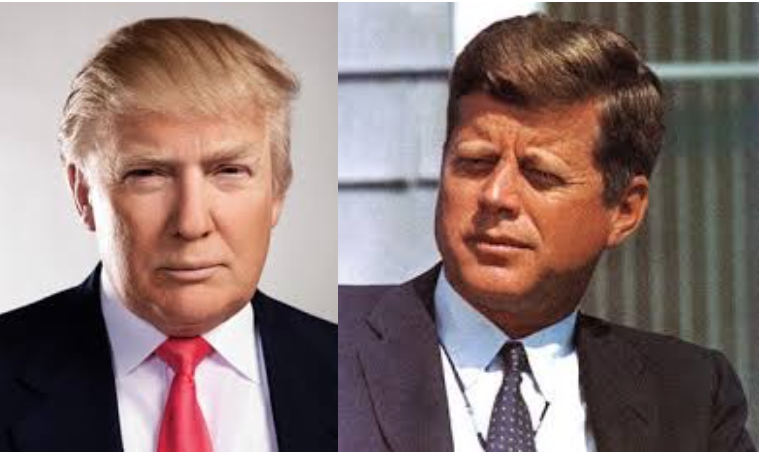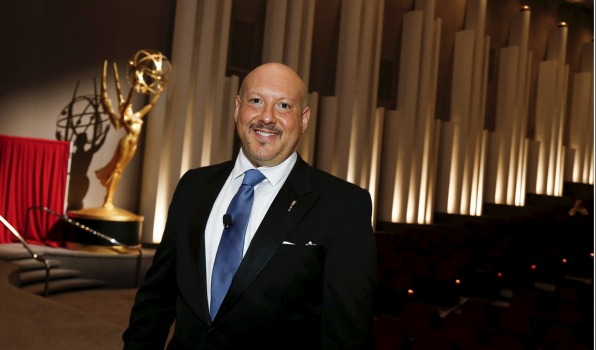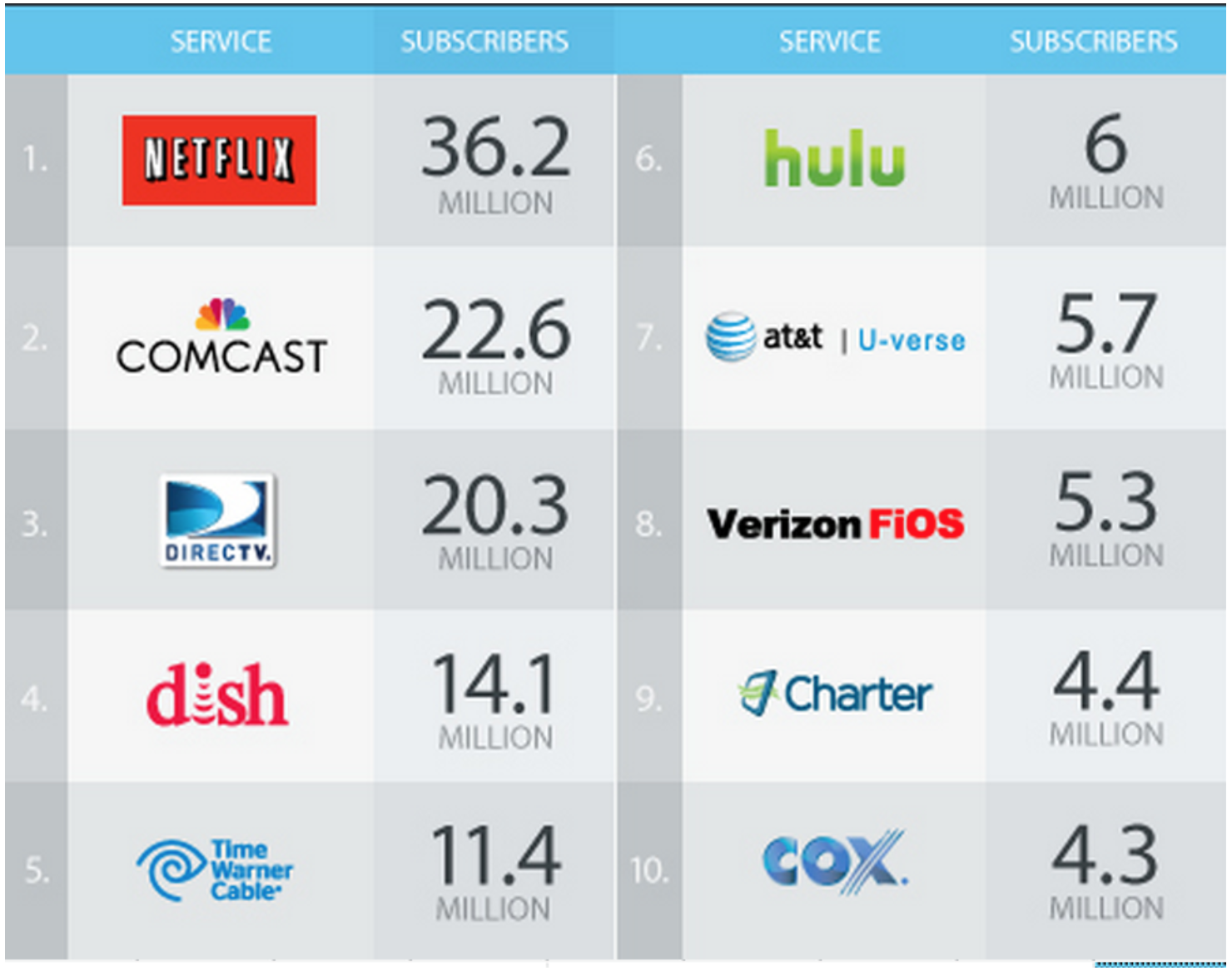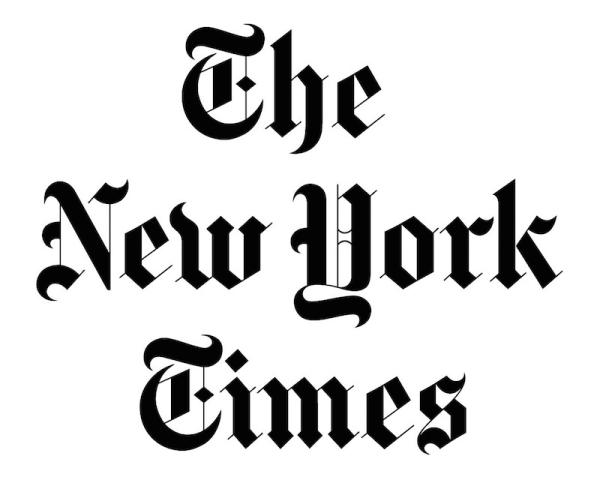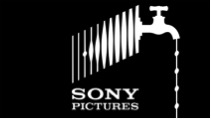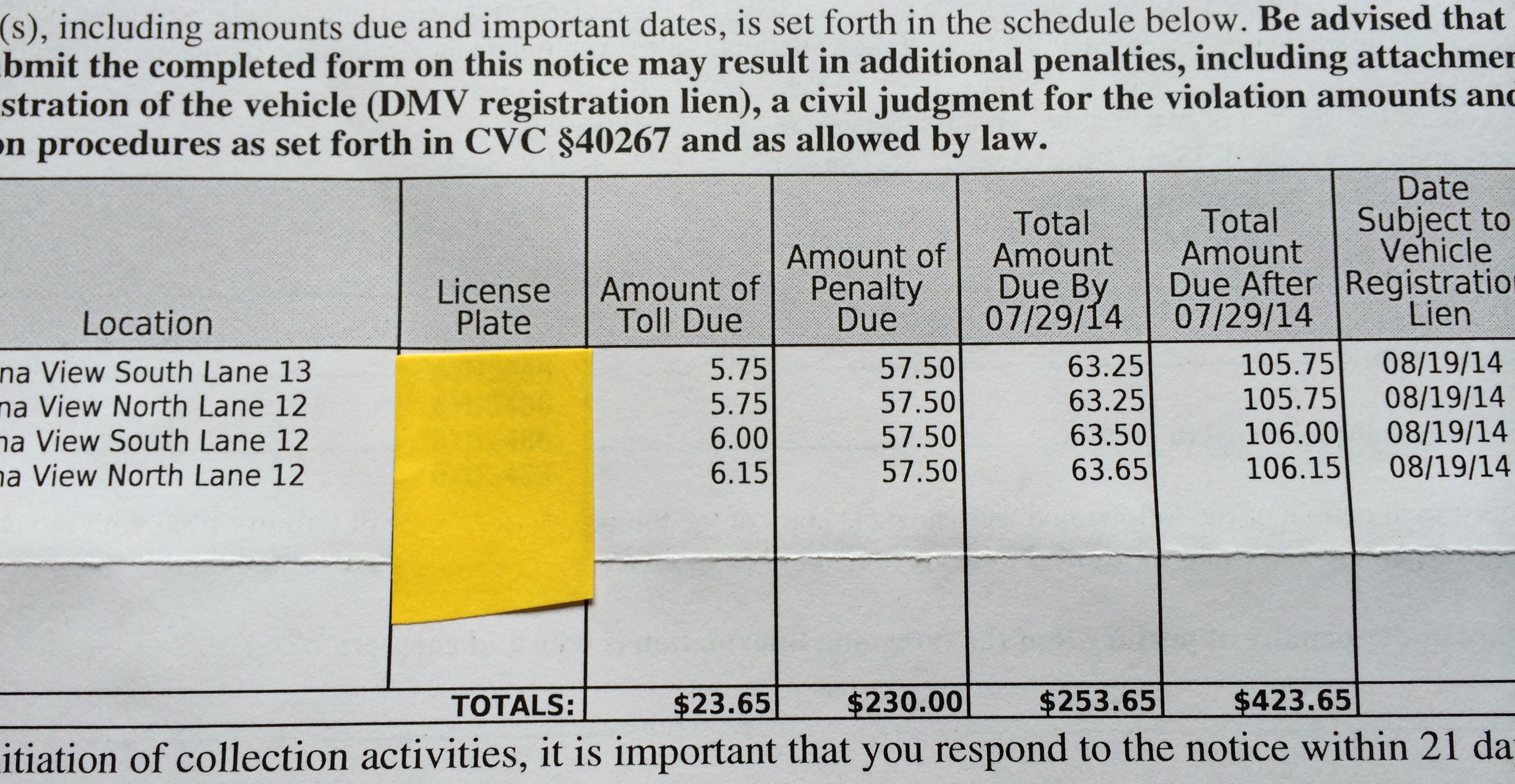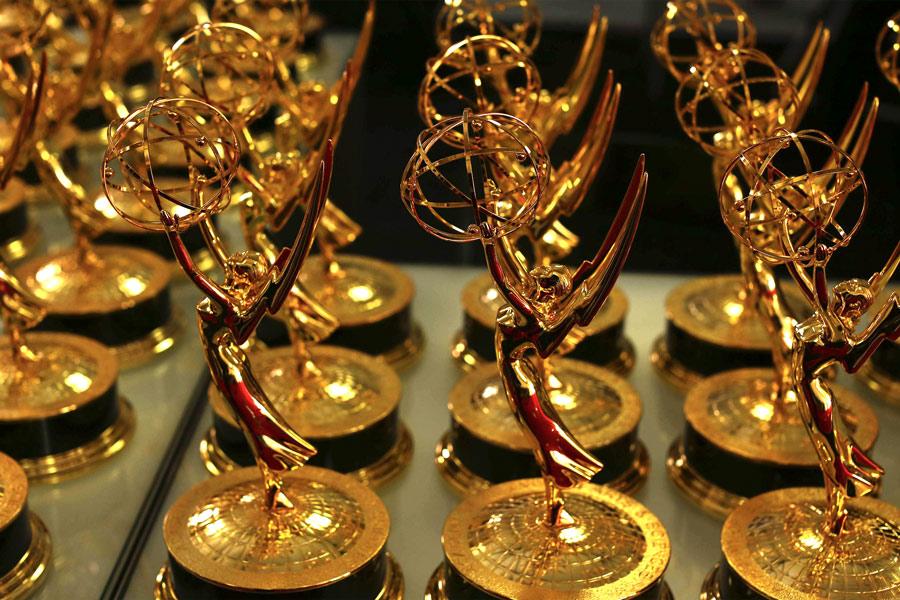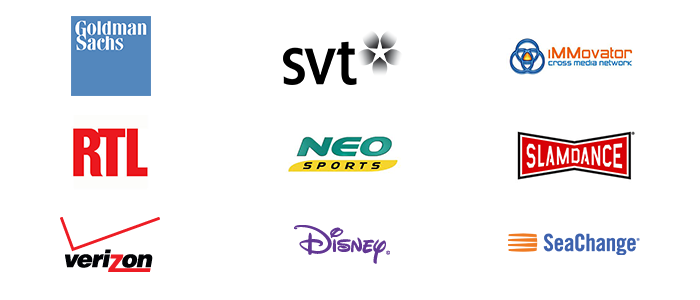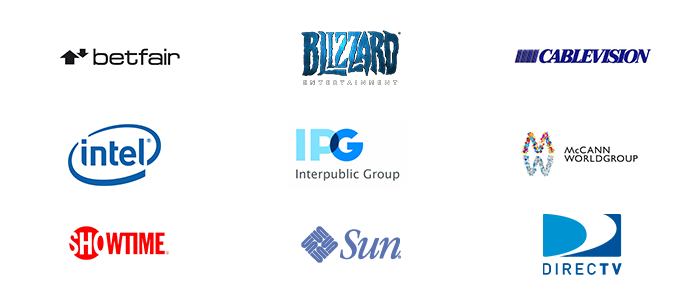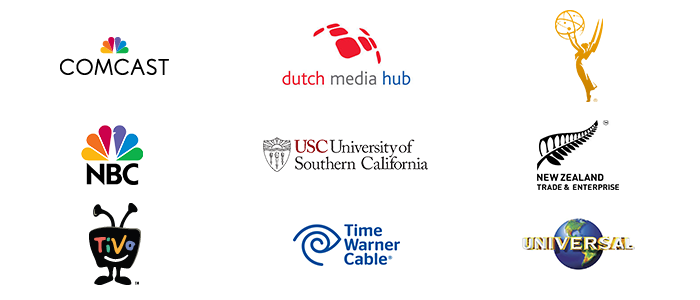This article orginally appeared in The New York Obsever
Every day brings another article on the disruption of television; how the stodgy idiot box is finally being forced to evolve by Netflix and YouTube. That sounds nice, but it’s inaccurate.
The truth is that TV has been disrupted and reinvented every decade or so. Think about it: Is TV a four-network medium, from an antenna on your roof, powered by a tube?
No. Once television was all of these things. Now, it’s none of them.
Here are a few disruptions: Lucy and Desi disrupted CBS and NBC by giving birth to syndication. John Malone and cable disrupted everyone. When CNN aired on-the-ground footage of Iraq, Ted Turner disrupted the news business. ESPN disrupted Monday Night Football and broadcast sports. Fox disrupted the oligopoly of the Big 3. HBO eroded the TV commercial, then DVR, VOD and Netflix punched it in the throat. YouTube has disrupted cable by putting up shows that you otherwise have to pay for, for free.
Why all the contortions? Because TV matters, and there’s been an epic series of dogfights to control it since it began.
Like it or not, television is the most influential medium in history. No product has spread so far and so fast, commanded so much influence and capital, so affected how the world sees itself. The shows we watch say something about us, about what we think and who we are.
When future anthropologists study Earth 1950–2020, they will look at what we looked at: television.
In this column, we’ll go behind the scenes to look at how the TV business works—at the people who run it, the technology that shapes it, the business models that drive it and the artists who harness it. We’ll cover the brutal war that led to the birth of TV, the creation of the major networks, the rise of cable, the content renaissance of the past few decades, the explosion of Netflix, YouTube, Hulu and Amazon Studios, and the future of online content.
Rather than writing recaps of shows you already saw, we’ll talk about how and why those shows got made in the first place.
Along the way, we’ll see eerie parallels between the birth of television and what’s happening now, as the future of broadband becomes a key determinant of every medium’s prospects. Because most of what’s about to happen has happened before. That’s because media has always been a dance between creativity, technology, economics and cultural timing.
Want to know where online video will go? Look at the life cycles of print, TV and radio. They were controlled by all the same factors. What happened before will happen again.
Television Is the New Novel
Television has always been a whipping boy. A former FCC Commissioner famously called it a “vast wasteland”; successive public figures have called it much worse. Novels are real art, though nobody reads them; the Academy Awards are the height of cultural celebration, though almost no one sees those films. Familiarity breeds contempt.
Steven Bochco (Hill Street Blues, L.A. Law, NYPD Blue), summed it up: “It’s always been fashionable to say at cocktail parties,‘I never watch TV.’ That’s nonsense. Everybody watches TV.”
TV is the medium of our times, as the novel once was and the movies once were.
Yet TV continues to get a bad rap.
Perhaps it’s because for the same reason a fish doesn’t appreciate water: they have never known a reality without it. For any American under 80, like it or not, TV has been our cultural lingua franca. Even those who don’t watch television live in a world dominated by it. We don’t know what television means; we can’t, for the same reason we can’t look at our own eyes.
But artists pushing the boundaries of other media have recognized TV’s unique power for years.
Towards the end of his life, even Norman Mailer said, “People want more information than you can get from most novels…something like The Sopranos…I don’t think the Great American Novel can be written anymore…the notion of a wide canvas may be moving to television.”
Since then, television has surpassed cinema and the novel as the high art of our time. LA Times critic Mary McNamara said of Breaking Bad, “Television isn’t just the new film, it’s the new novel.”
Fifty years ago, movies were the home of characters and ideas. TV was the down-market grotto of The Beverly Hillbillies and Gilligan’s Island. But in the past 15 years, the two have switched places.
Pixels, anyone? Would you rather go to the movies or watch Transparent or Black Mirror?
Oscar winner Julianne Moore speaks for many film actors: “Movie studios [are] in the superhero business. Material for television is much, much stronger for actors now.” Jeff Daniels says, “TV now is what indie film used to be.”
That’s why MoMA had an eight-day retrospective of The Sopranos, and why Slate (rightfully) compared The Wire to Dickens.
I recently spoke with Terry Winter, executive producer of The Sopranos, creator of Boardwalk Empire and Academy Award nominee for The Wolf of Wall Street. He said:
I was flying on a plane recently, glancing up from my seat, and there was a movie playing on the screen. I wasn’t wearing headphones. At the end of the movie, I could’ve told you the entire plot. I didn’t have to hear a line of dialogue, because the dialogue was superfluous. For me, the much better work is being done on TV.
And even when TV shows sucked, it was television that brought down Joe McCarthy and Richard Nixon.
Disrupting the Vietnam War is not nothing. Paul Blart: Mall Cop 2 is nothing.
There is much good to say about this business of TV. It’s not perfect, but it’s the story of our times.
Television is so money — it just doesn’t know it yet.

